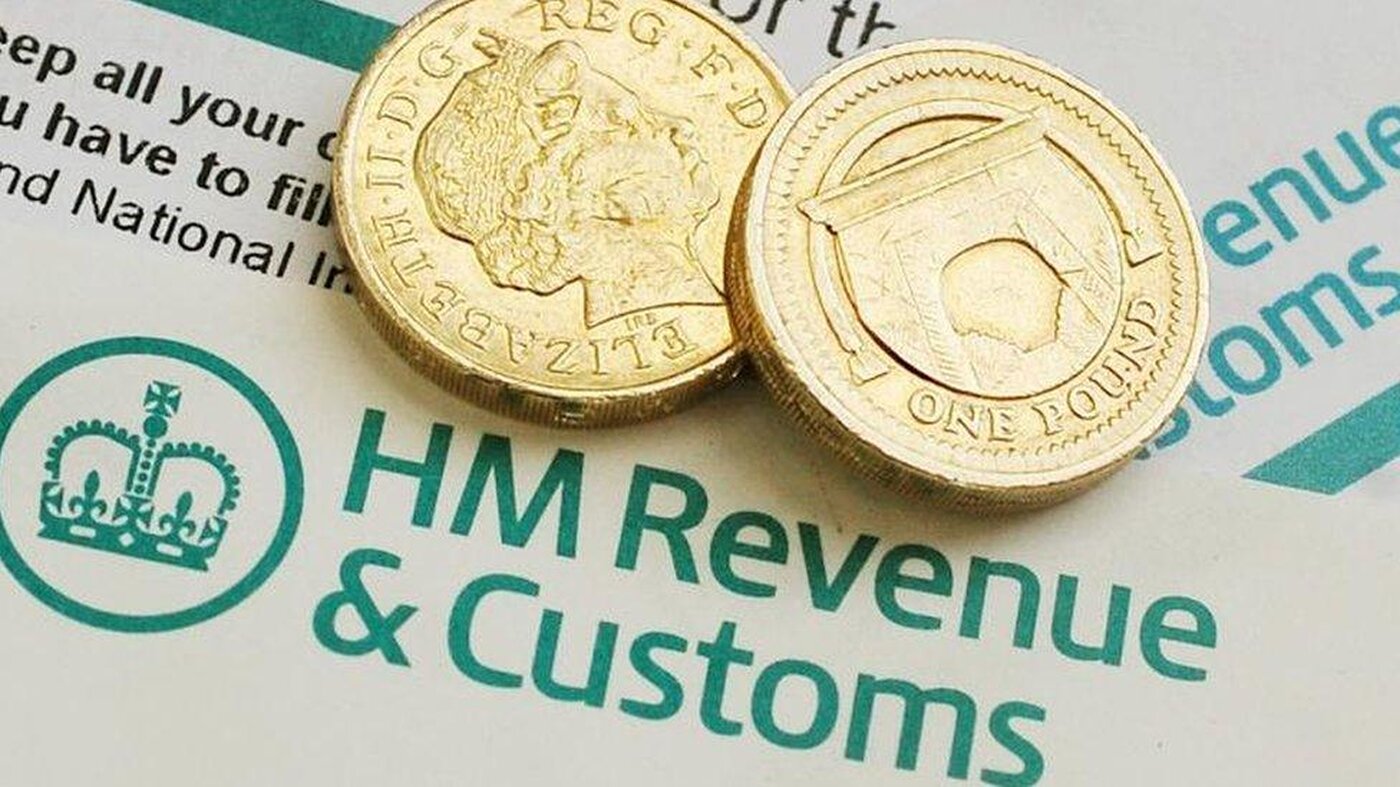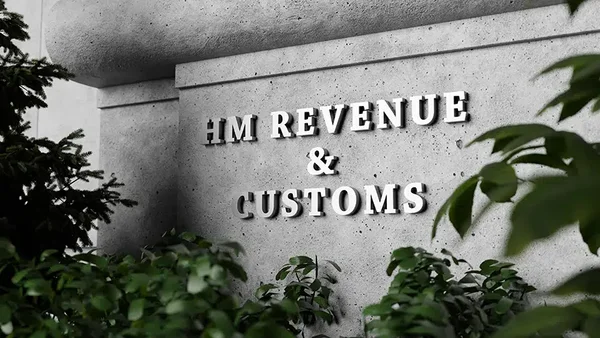Stamp Duty Revenues Climb to £9.8bn
HMRC has reported a 14% jump in stamp duty receipts, reaching £9.8 billion for the six months to September 2025 up from £8.6 billion a year earlier.
The rise is attributed to higher house prices and increased property transactions across England and Northern Ireland.
This increase follows the reset of stamp duty thresholds in April to pre-Liz Truss mini-Budget levels, reversing temporary cuts introduced in 2022. The figures come as the Treasury eyes further property tax reforms ahead of the November 26 Budget.
New Property Tax Under Consideration
Chancellor Rachel Reeves is reportedly exploring a new property tax targeting homes sold for more than £500,000, potentially shifting the tax burden from buyers to sellers.
Unlike stamp duty, which is paid upon purchase, this proposed levy would be paid by homeowners when they sell, with the rate yet to be confirmed.
According to early Treasury estimates, such a reform could apply to around 20% of property sales, compared to roughly 60% currently subject to stamp duty. The government collected £11.6 billion from stamp duty last year, making it a key revenue stream for public finances.
Market Analysts Warn of Uncertainty
Jonathan Stinton, head of mortgage relations at Coventry Building Society, warned that ongoing speculation is unsettling the housing market.
“Buyers and sellers are being left in tax purgatory by the Treasury’s refusal to confirm or deny rumours of changes to stamp duty,” he said.
Stinton noted that while September receipts reflect purchases completed before tax speculation peaked, transaction volumes could soon slow as potential buyers choose to delay until after the Budget.
He added: “Any reform to property tax needs to be well considered and well communicated home purchases are the biggest financial decision most people make.”
Political Divide on Property Tax Reform
The debate over property taxation is intensifying. The Institute for Fiscal Studies (IFS) and Resolution Foundation have both argued that stamp duty should be abolished altogether, claiming it discourages mobility and limits efficient housing allocation.
In contrast, Labour appears poised to reform the system rather than remove it, as Reeves looks for ways to raise up to £22 billion to fill the fiscal gap.
Meanwhile, Conservative leader Kemi Badenoch pledged earlier this month to abolish stamp duty on primary homes if her party wins the next general election framing it as a policy to “restore aspiration and home ownership.”
Homebuyers Contribute Nearly £11bn So Far This Year
Between January and September, homebuyers paid £10.8 billion in stamp duty, according to analysis by Coventry Building Society.
That puts 2025 on track to exceed last year’s total, barring any sharp drop in property sales during the final quarter.
However, with talk of new taxes on high-value properties and continued affordability pressures, experts warn that the housing market could soon lose momentum.
Should the Treasury push ahead with a seller-side property tax, analysts predict a temporary slowdown in transactions as buyers and sellers reassess costs.
What Comes Next
Chancellor Reeves is expected to clarify her government’s position on property taxation in the upcoming Budget on November 26.
Treasury sources have suggested that any major changes would likely be phased in gradually to prevent market disruption.
For now, the housing sector and the nearly 40 million taxpayers who depend on fiscal stability will be watching closely to see whether Reeves opts for tax reform or restraint amid mounting economic pressures.











